To read Part 1 of this article – Reading the Bible as God’s Word: The Redemptive Historical Method and Progressive Revelation. Part 1 I. What is the Redemptive Historical Method (RHM)? The Redemptive Historical Method (RHM) is based on three affirmations: 1) RHM is Christo-centric. The RHM begins with the assumption that God’s plan of … Continue reading “Reading the Bible as God’s Word: The Redemptive Historical Method and Progressive Revelation. Part 2”
To read Part 1 of this article – Reading the Bible as God’s Word: The Redemptive Historical Method and Progressive Revelation. Part 1
I. What is the Redemptive Historical Method (RHM)?
The Redemptive Historical Method (RHM) is based on three affirmations:
1) RHM is Christo-centric. The RHM begins with the assumption that God’s plan of salvation for humankind was progressively revealed in mighty acts and prophetic word through various divinely appointed human agents in the history of Israel. RHM affirms the finality of Scripture as “God has in the past revealed long ago, at many times and in many ways, God spoke to our fathers by the prophets, but in these last days he has spoken to us by his Son [Jesus Christ].” (Heb. 1:1-2)
2) RHM affirms that the Bible has a coherent message, with Christ as its centre and final fulfilment.
Jesus said to the two disciples on the Emmaus road, “O foolish ones, and slow of heart to believe all that the prophets have spoken! Was it not necessary that the Christ should suffer these things and enter into his glory?” And beginning with Moses and all the Prophets, he interpreted to them in all the Scriptures the things concerning himself (Luke 24: 25-27).
3) RHM affirms the divine inspiration and sufficiency of Scripture. As Paul writes, “All Scripture is breathed out by God and profitable for teaching, for reproof, for correction, and for training in righteousness, that the man of God may be complete, equipped for every good work.” The Westminster Confession of Faith puts it succinctly, “The whole counsel of God concerning all things necessary for His own glory, man’s salvation, faith and life, is either expressly set down in Scripture, or by good and necessary consequence may be deduced from Scripture.” (1:6)
It should be clear that these affirmations result in a “hermeneutic of affirmation” rather than a “hermeneutic of suspicion” that is prevalent within the dominant paradigm of historical criticism. To read the Bible is not to dissect a lifeless ancient document. It is to approach the Bible humbly with expectation that the Bible as the living Word of God also reads us and speaks to us. Continue reading “Reading the Bible as God’s Word: The Redemptive Historical Method and Progressive Revelation. Part 2”
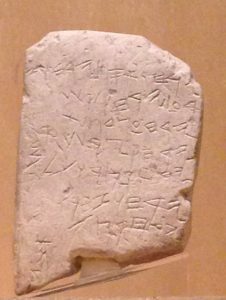
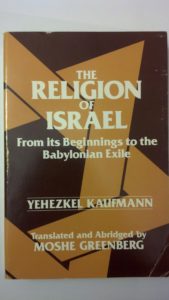
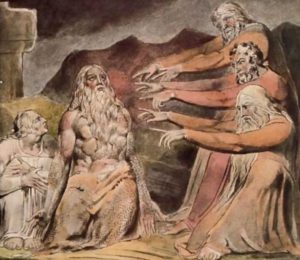

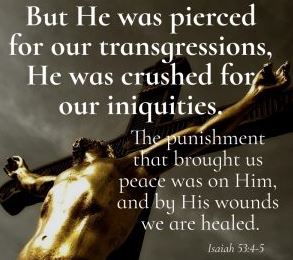
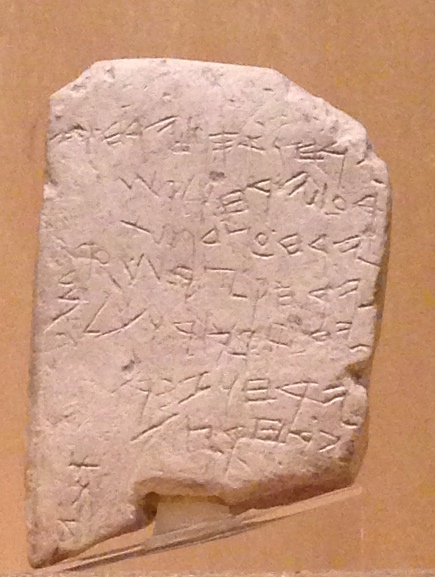 Gezer Calendar (925 BC)
Gezer Calendar (925 BC)
